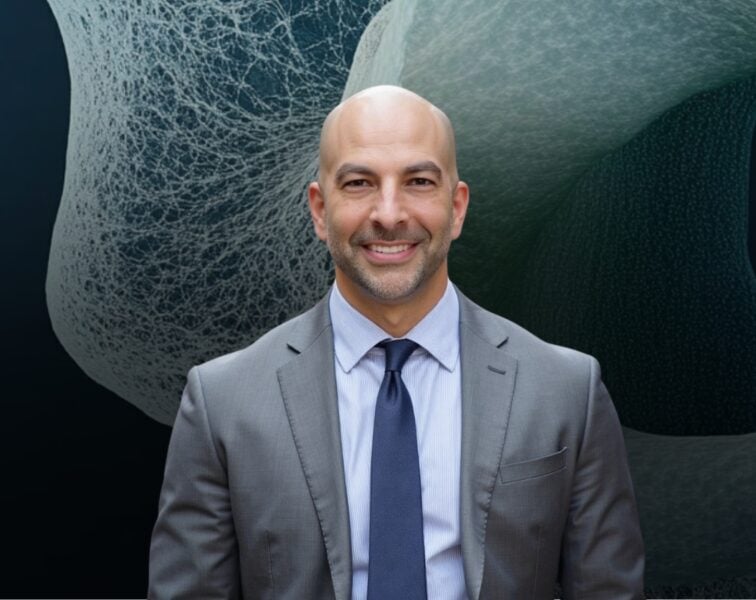This audio clip is from AMA #14: What lab tests can (and cannot) inform us about our overall objective of longevity, originally released on May 18, 2020.
If you’re a subscriber, you can now listen to this full episode on your private RSS feed or on our website at the AMA #14 show notes page. If you are not a subscriber, you can learn more about the subscriber benefits here.
Show Notes
The four pillars of chronic disease, and the three components of healthspan [14:30]
The Four Horsemen of Chronic Disease
-The following amounts over 80% of deaths in people over 50 who do not smoke…
- Atherosclerotic disease (comprised of cardiovascular disease and cerebrovascular disease)
- Cancer
- Neurodegenerative disease (Alzheimer’s disease being the most common)
- “Foundational disease” ⇒ a spectrum of everything hyperinsulinemia to insulin resistance to fatty liver disease to type 2 diabetes
3 Components of Healthspan
- Cognitive
- Physical/structural
- Emotional
-With the cognitive piece…
- Most of the efforts we put into preserving cognition are basically directly in line with the efforts we will make to reduce the risk of dementia
–With the physical component…
- This is really the first thing that starts to compromise quality of life (knee pain, back pain, etc.)
- It occurs decades before someone dies
- “There’s no time that’s too soon to start caring about [physical/structural health].”
-With the emotional piece…
- By far least tethered to age
- The labs are not as relevant with this piece so it won’t be the focus of this episode



